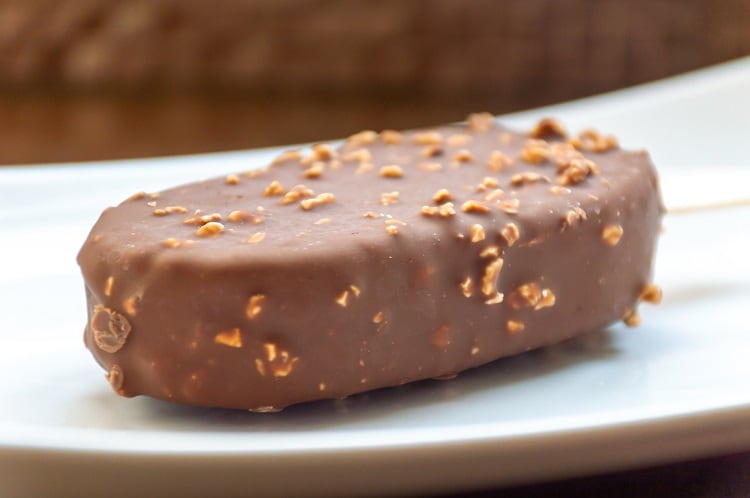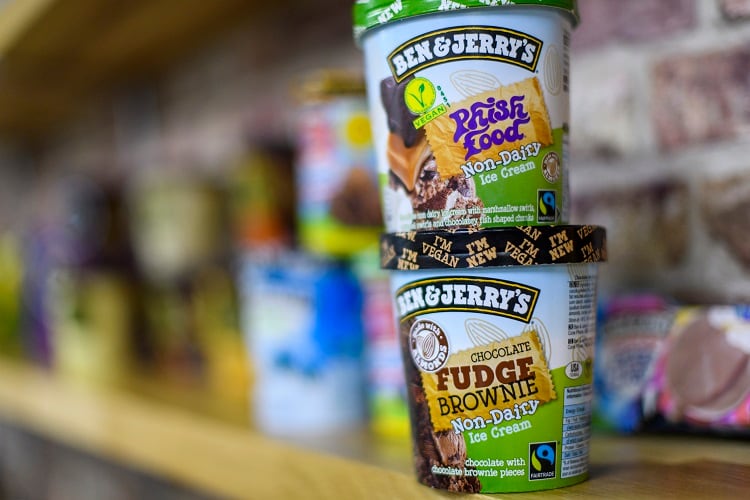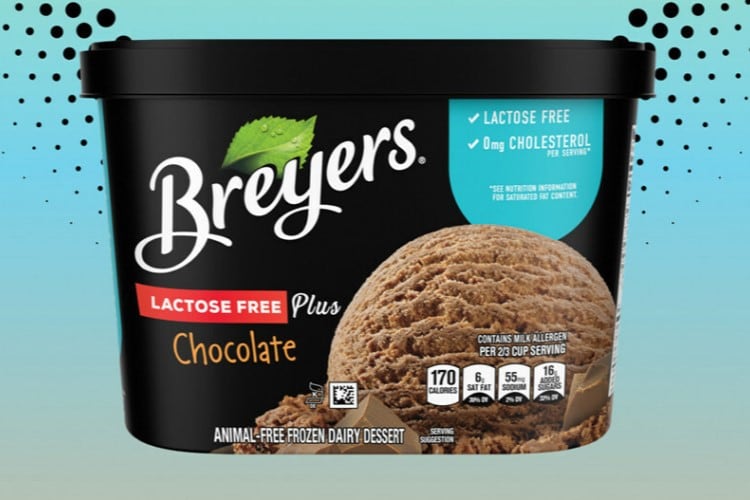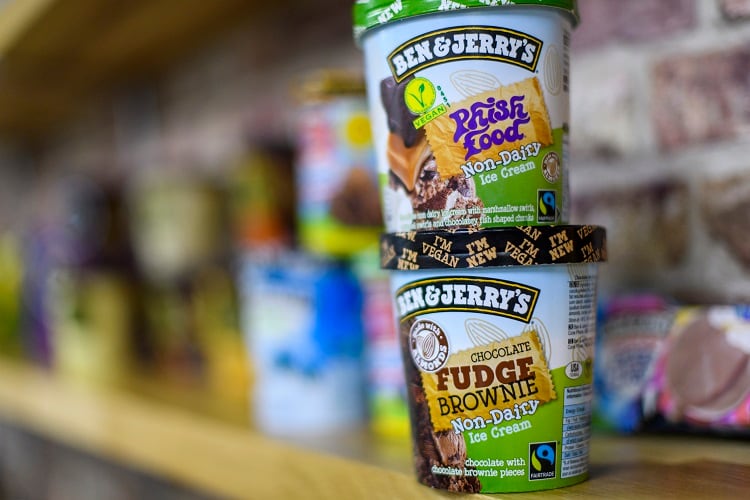Unilever no longer wants to be in ice cream. The owner of five of the top ten selling global ice cream brands – including Wall’s, Magnum and Ben & Jerry’s – has announced plans to spin-off the business, with separation activity beginning ‘immediately’.
Other ice cream brands in the FMCG major’s portfolio include Breyers, Streets, and Weis.
As to exactly how the business will be separated has yet to be confirmed, but Unilever predicts a demerger will be the most likely route. Under this scenario, it is expected the ice cream company would operate with a capital structure in line with comparable listed companies.
But other options for separation will also be considered, with the aim of maximising returns for Unilever shareholders. Further details of the separation, including costs and dis-synergies, will be determined according to the transaction structure selected.
Unilever expects to have completely separated from its ice cream business by the end of next year.
Why is Unilever spinning off its ice cream business?
The decision to spin-off Unilever’s ice cream business was influenced by its operating model: the Board wants Unilever to focus on a portfolio of brands that have ‘complementary operating models’.
Since ice cream has a ‘very different’ operating model – including a supply chain and point of sale that supports frozen goods, a different channel landscape, more seasonality, and greater capital intensity – it no longer aligns.
The decision also fits with Unilever’s Growth Action Plan (GAP), announced in October 2023, which focuses on ‘doing fewer things, better’.
Once the ice cream business is completely separated from Unilever, the FMCG major aims to deliver mid-single digit underlying sales growth and modest margin improvement.
Ice cream is far from Unilever’s highest performing category. The company’s 2023 results revealed ‘disappointing’ sales growth for the business at 2.3%, influenced by a price growth of 8.8% and volume decline of 6%. Unilever suggested this comes as a result of consumer downtrading.
While out-of-home ice cream grew in the high single digits, overall the business made just under €8bn.
Following the separation, Unilever will operate just four business groups: Beauty & Wellbeing, Personal Care, Home Care and Nutrition.

In spinning off ice cream, some operational synergies will of course be lost. Unilever plans to counteract with a ‘comprehensive productivity programme’ enabled by technological investments.
The productivity programme is anticipated to deliver total cost savings of around €800m over the next three years, predicts Unilever, ‘more than offsetting operational dis-synergies from the separation of Ice Cream”.
“Simplifying our portfolio and driving greater productivity will allow us to further unlock the potential of this business, supporting our ambition to position Unilever as a world-leading consumer goods company delivering strong sustainable growth and enhanced profitability,” commented Unilever CEO Hein Schumacher.
What does the separation mean for Unilever’s ice cream brands and employees?
The separation is expected to impact around 7,500 predominantly office-based roles globally.
Spin-off speculation
Signs that a spin-off was on the cards go back to at least 2022, following Unilever’s failed move for the GSK Consumer Health Business. At the time, then CEO Alan Jope shrugged off such speculation, stressing Unilever was 100% committed to its existing businesses, including ice cream.
While the precise transaction structure for the separation has yet to be disclosed, Unilever is confident the move will benefit its ice cream brands. When Unilever acquired Ben & Jerry’s, the latter was allowed to set up an independent board of directors to retain control over the brand’s social mission and policies. FoodNavigator understands this structure will remain unchanged once separated from Unilever.
The separation of Ice Cream will create a ‘world-leading business’, according to the FMCG major, made up of brands with an overall 2023 turnover of €7.9bn. “As a standalone, more focused business, Ice Cream’s management team will have operational and financial flexibility to grow its business, allocate capital and resources in support of the company’s distinct strategy, including further optimising its manufacturing and logistics network, and development wide-reaching, flexible, distribution channels over and above the changes that are currently under way in the business,” noted the company.

Unilever has continued to invest in its ice cream portfolio in recent times, despite toying with the idea of a demerger.
Early last year, the company announced plans to offer more premium ice cream products with the aim of increasing sales online and out-of-home. Unilever has also been reformulating its ice cream products to withstand warmer temperatures, and encouraging other ice cream companies to do the same.
Most recently, Unilever took the decision to partner with precision fermentation-derived dairy supplier Perfect Day to develop lactose-free ice cream for its Breyers brand. The collaboration marked Unilever’s first venture into animal-free dairy.




